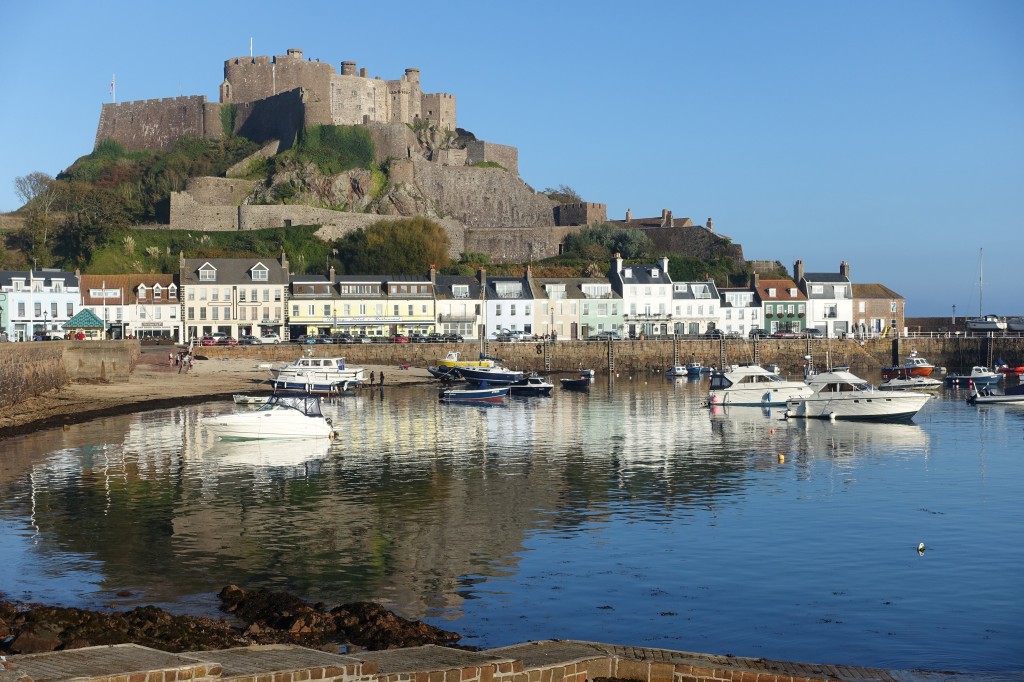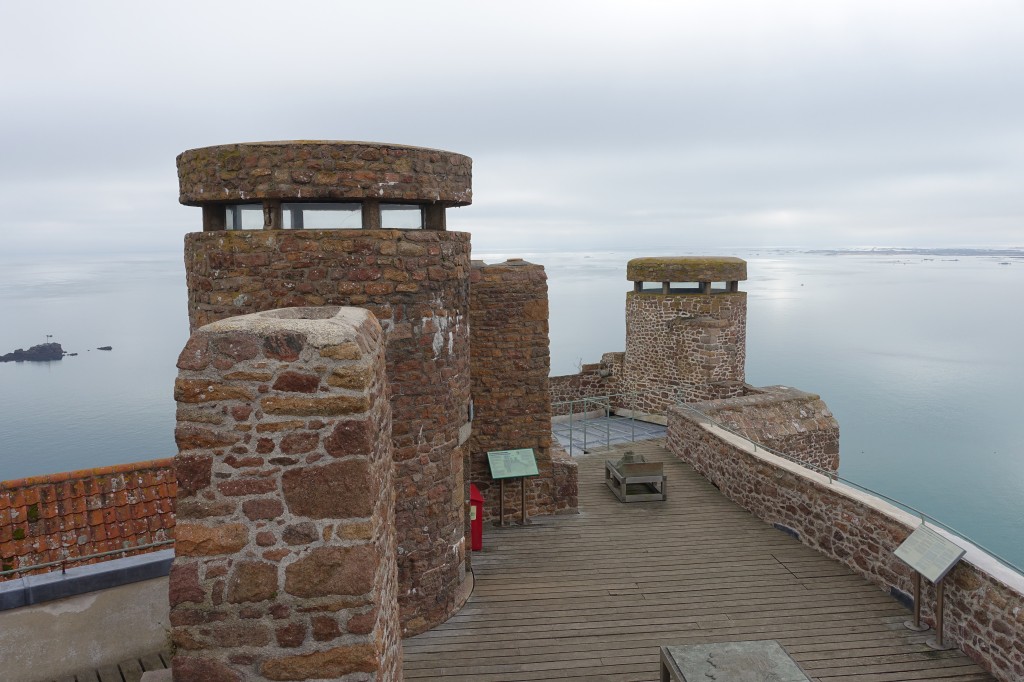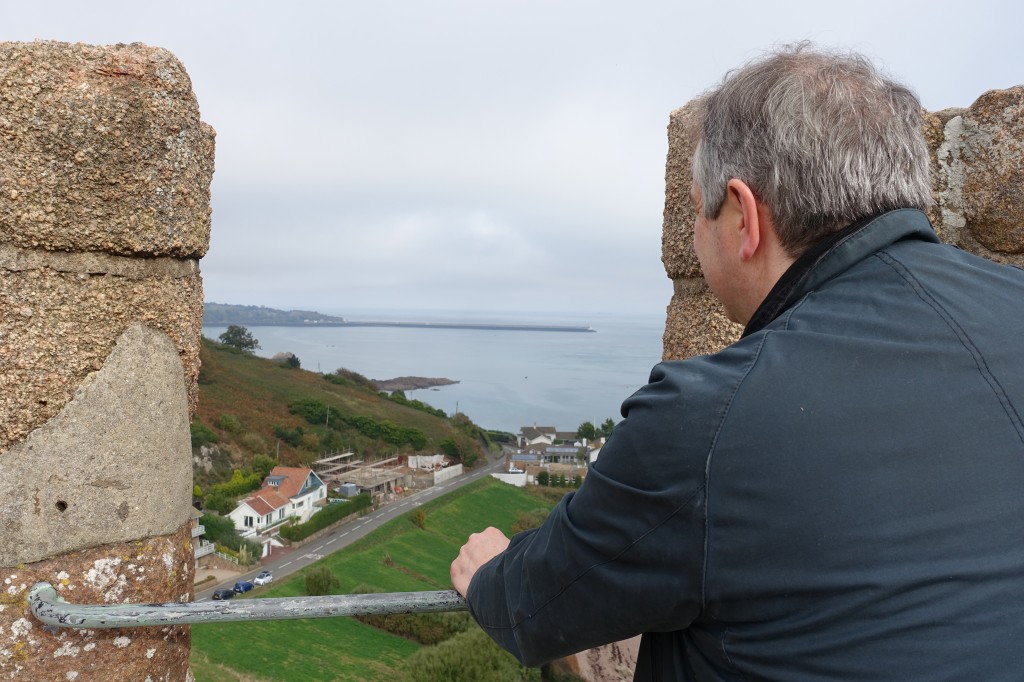
I have recently returned from the Island of Jersey where the loyal toast is “The Queen our Duke!” On the Island H.R.H. Queen Elizabeth II is still celebrated as the Duke of Normandy. There is a poignancy to this. William Duke of Normandy’s defeat of King Harold at the Battle of Hastings, in Sussex 950 years ago, marked the last time that England was successfully invaded. It is humbling to think that the only part of the British Isles occupied by German forces during the Second World War were the Channel Islands.
Over the centuries these independent Island States, with their own parliaments, have remained loyal to the British Crown.
The location of Jersey and the other Channel Islands have always made them strategically important to England. The German occupying military went to considerable lengths to fortify Jersey employing Russian and Jewish slave labour. The German army behaved with great discipline towards the local population. Nevertheless, numerous Jersey people were sent to the concentration camps of occupied Europe for helping this captive and ill-treated workforce and never returned.
Attention to the defences of the island was not something new. Jersey’s Gorey Castle is amongst the most beautiful and well preserved castles in the British Isles. It began in medieval times as an arrow fort defended by archers. It would evolve with military technology to become a canon fort. Sir Walter Raleigh saved the castle from demolition insisting it be maintained as military barracks after it became redundant as a defensive structure.

In the 1940s the German occupying forces extended some of the turrets for observation purposes. They were painted and built to match the local granite of the castle to give them camouflage and disguise their windows. They looked to the West for the allied forces which never came. In his famous speech on the 8th May 1945, marking the end of the war in Europe, Winston Churchill said “…and our dear Channel Islands are also to be freed today.” The German forces surrendered to those aboard HMS Beagle on 9th May 1945 and the island was peacefully liberated.

As I stood on Gorey Castle’s ancient battlements and looked East across the English Channel through the mist I could see the coast of France. I was struck by an unexpected sense of unease that the Russian aircraft carrier armada had recently sailed through these waters on its way to Syria, observed and shadowed by the Royal Navy.
It is as important today as it has ever been to defend western, liberal values and freedoms.
On Friday and over the coming weekend we will reflect upon the costs of defending righteousness, freedom and liberty, giving thanks not only for our allies but also for reconciliation and peace.
In churches across Britain, Europe and America the common story and Christian heritage which unites us will be expressed in services of Remembrance and thanksgiving. Once again these familiar bidding words will be heard:
“We have come to remember before God those who have died for their country in the two world wars and the many conflicts of the years that have followed. Some we knew and loved: we treasure their memory still. Others are unknown to us: to their remembrance too, we give our time…With thanksgiving we recall services offered and sacrifices made…”
I hope that each of us will be able to find time in this Remembrance weekend to reflect, offering thanks and prayers for the courage of successive generations who have been called, and continue to be called, to defend the greater cause of justice and concord.
By Rupert Toovey, a senior director of Toovey’s, the leading fine art auction house in West Sussex, based on the A24 at Washington. Originally published in the West Sussex Gazette.